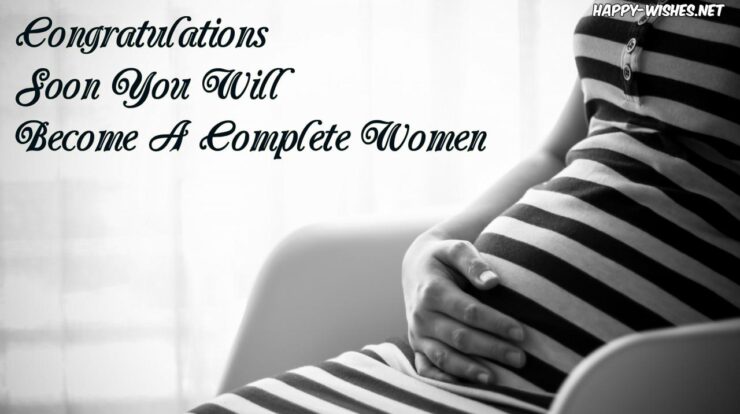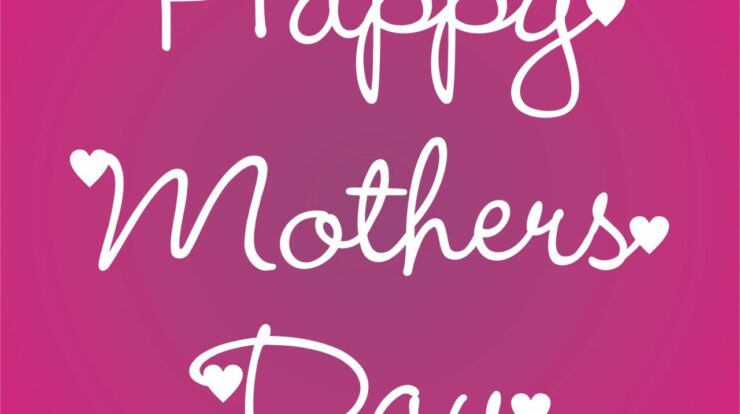
Do you say happy Mother’s Day to a pregnant woman? It’s a question that can spark a range of emotions and perspectives. From cultural expectations to personal experiences, there’s no easy answer. This article delves into the etiquette, sensitivity, and language surrounding this topic, providing insights and guidance for navigating this delicate situation.
Cultural and Social Context
Mother’s Day holds significant historical and cultural importance, symbolizing the profound bond between mothers and their children. The holiday emerged in the early 20th century, recognizing the unwavering love and sacrifices made by mothers in raising their families.
Societally, pregnancy and motherhood carry specific expectations and roles. Pregnant women are often seen as nurturing, selfless, and responsible for carrying and delivering the next generation. This societal view influences how Mother’s Day is celebrated and perceived.
In various cultures, Mother’s Day celebrations may differ based on the cultural context of pregnancy. For instance, in some cultures, expectant mothers are honored with special rituals or ceremonies during pregnancy, while in others, Mother’s Day is primarily celebrated after the birth of the child.
Etiquette and Sensitivity
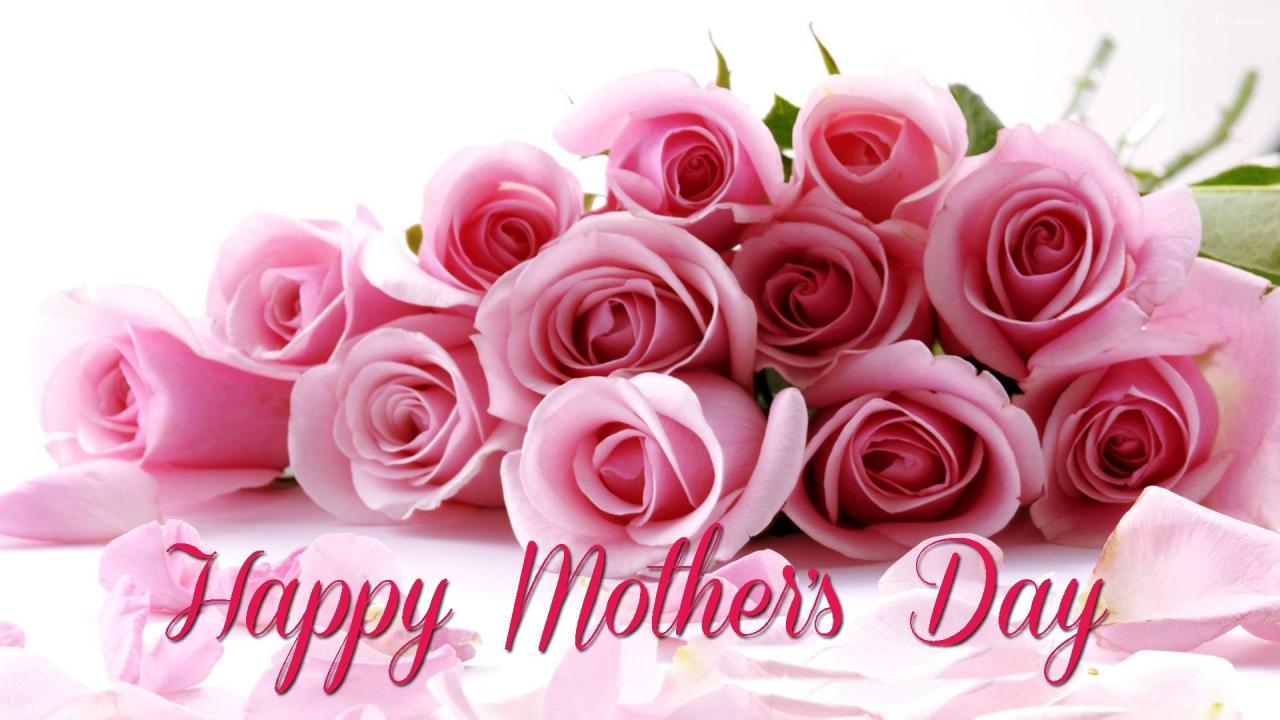
When addressing pregnant women on Mother’s Day, sensitivity and etiquette are paramount. It is generally considered inappropriate to directly wish a pregnant woman “Happy Mother’s Day” as she has not yet experienced the full journey of motherhood.
The potential emotional impact of wishing a pregnant woman “Happy Mother’s Day” should be considered. For some, it may be a reminder of their current situation and the challenges they may face. Alternatively, others may find it a comforting gesture of recognition.
To be inclusive and respectful, alternative greetings can be used. Examples include “Congratulations on your pregnancy,” “Wishing you a happy and healthy pregnancy,” or “Honoring your journey towards motherhood.” These phrases acknowledge the significance of the pregnancy without assuming the full role of motherhood has been fulfilled.
Personal Experiences and Perspectives
Pregnant women’s experiences and perspectives on receiving Mother’s Day greetings vary. Some may appreciate the recognition and well wishes, while others may feel it is premature or uncomfortable.
- Positive experiences: “It was a special moment to be recognized and celebrated for the journey I was on.”
- Negative experiences: “I felt a bit awkward being wished ‘Happy Mother’s Day’ since I hadn’t given birth yet.”
- Mixed experiences: “I appreciated the sentiment but also felt a sense of anticipation for the future role of motherhood.”
These experiences can shape a woman’s feelings towards the holiday and her perception of her role as a mother.
For those who wish to convey their love in a different language, there are beautiful expressions to be found in German . From “Alles Gute zum Muttertag” to “Liebe Mama, ich hab dich lieb,” these phrases capture the essence of a mother’s love and sacrifice.
Language and Meaning
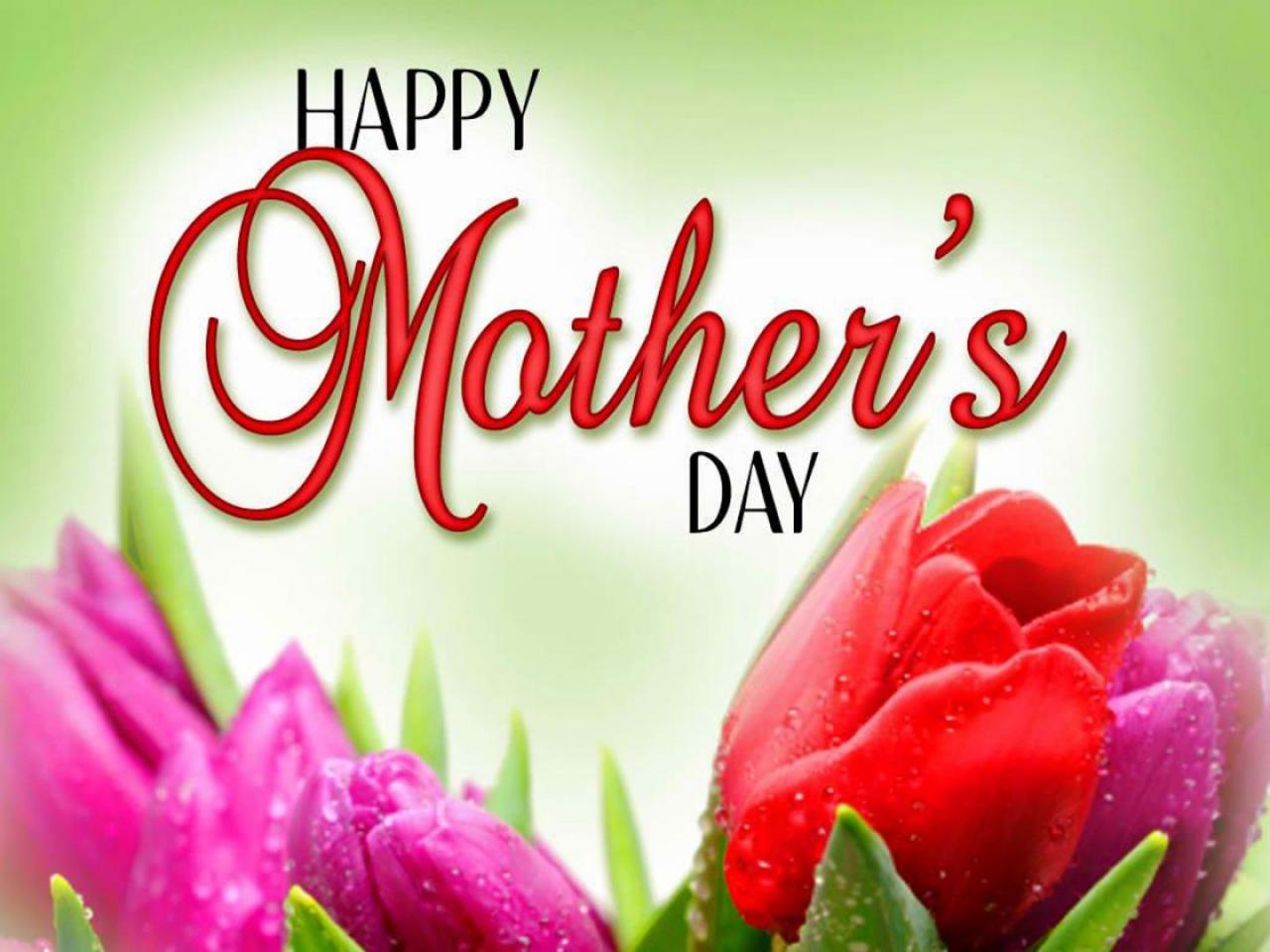
The specific wording of “Happy Mother’s Day” carries implications for pregnant women. The term “mother” traditionally refers to a woman who has given birth and raised a child.
Alternative phrases or expressions can be used to convey similar sentiments while acknowledging the potential and future role of motherhood. Examples include “Celebrating your journey towards motherhood” or “Honoring the love and care you give to your child.”
Inclusive language recognizes the spectrum of experiences and identities related to pregnancy and motherhood. By using language that is sensitive and respectful, we can create a more inclusive and supportive environment for all.
As we express our appreciation, it’s important to remember those who are expecting. While they may not have given birth yet, their journey as mothers has already begun. Let’s not forget to extend our Mother’s Day wishes to them as well, acknowledging the special bond they share with their unborn children.
Last Point
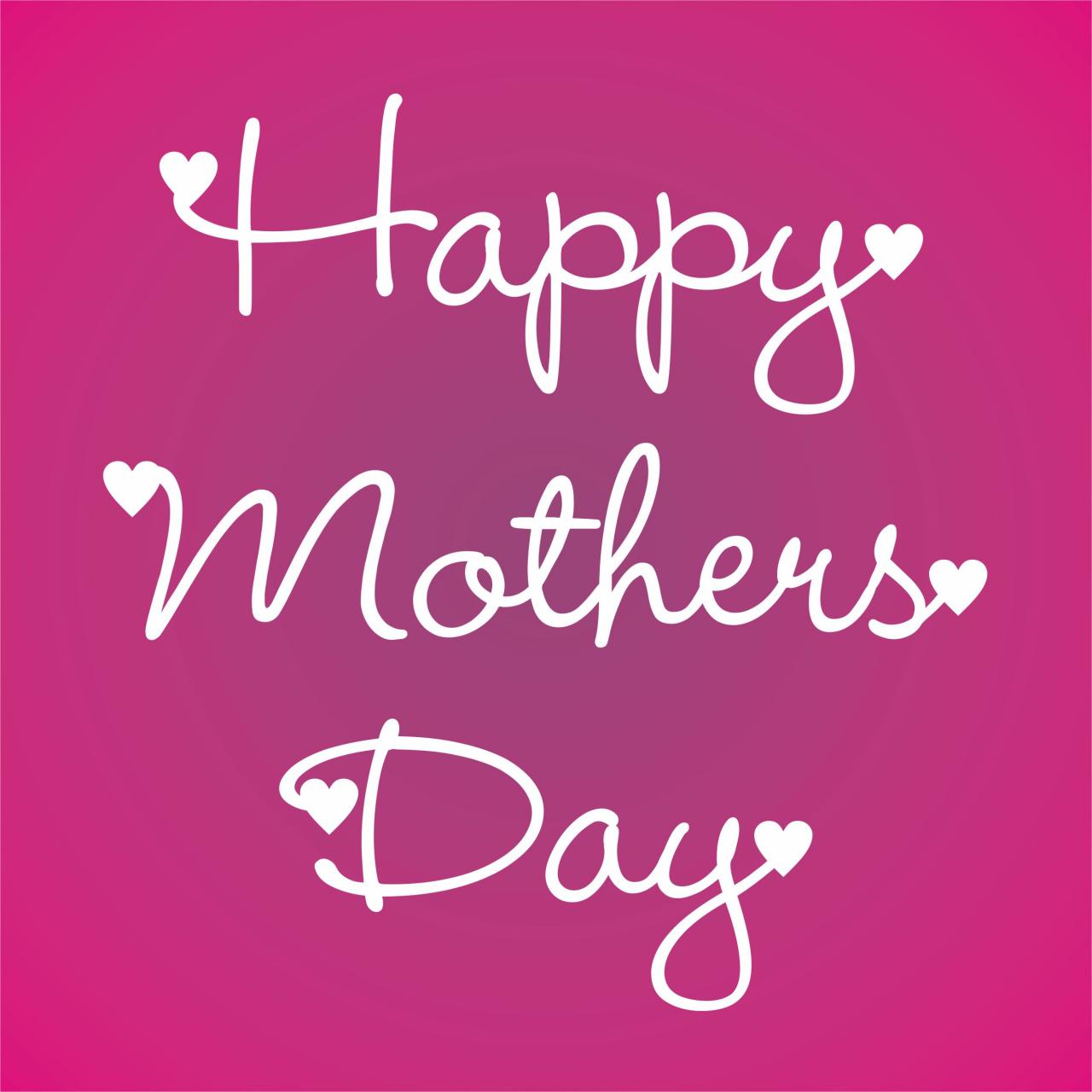
Ultimately, the decision of whether or not to wish a pregnant woman Happy Mother’s Day is a personal one. There is no right or wrong answer, but it’s important to be mindful of the potential emotional impact and to choose words that are inclusive and respectful.
Popular Questions: Do You Say Happy Mother’s Day To A Pregnant Woman
What is the historical significance of Mother’s Day?
Today, we celebrate the extraordinary bond between mothers and their children. From the moment they carry life within them, to the unwavering support they provide throughout our lives, mothers deserve our utmost gratitude. Whether you’re sending a heartfelt Mother’s Day wish or a simple response , let’s make this day a testament to their unwavering love and dedication.
Mother’s Day originated in the early 20th century as a way to honor mothers and their contributions to society.
How do different cultures celebrate Mother’s Day in relation to pregnancy?
In some cultures, pregnant women are celebrated on Mother’s Day, while in others, they are not considered mothers until after giving birth.
What are some appropriate ways to address pregnant women on Mother’s Day?
Some appropriate ways to address pregnant women on Mother’s Day include “Happy Mother’s Day to you and your little one” or “Congratulations on your upcoming arrival.”
